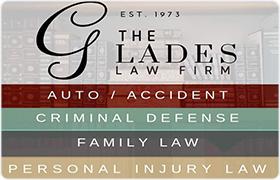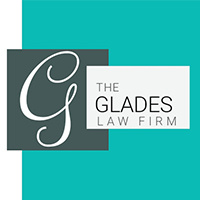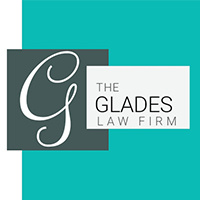Joplin Misdemeanor Lawyer, Missouri
Sponsored Law Firm
-
 x
x

Click For More Info:
-
The Glades Law Firm, P.C.
1120 SE Murphy Blvd Joplin, MO 64801» view mapCriminal Defense Law Determined. Experienced. Passionate.
Serving Southwest Missouri since 1973. Our experienced legal staff is dedicated to helping you with personal injury, criminal defense, and family law matters.
800-965-6971
Not enough matches for Joplin Misdemeanor lawyer.
Below are all Joplin Criminal lawyers.
Phillip Alan Glades
✓ VERIFIEDAccident & Injury, Divorce & Family Law, Criminal
Our experienced legal staff is dedicated to helping you with the following legal matters: Family Law Criminal Defense Personal Injury
Brian V. Glades
Premises Liability, Criminal, Products Liability, Car Accident
Status: In Good Standing
Charles H. Lonardo
Foreclosure, Health Care Other, Divorce & Family Law, Juvenile Law, Bankruptcy & Debt
Status: In Good Standing
Charles H. Lonardo
Traffic, Family Law, Criminal, Bankruptcy
Status: In Good Standing Licensed: 43 Years
James B. Fleischaker
Estate Planning, Family Law, Criminal, Property & Casualty
Status: In Good Standing
Joseph Lee Hensley
Landlord-Tenant, Car Accident, Family Law, Juvenile Law
Status: In Good Standing Licensed: 26 Years
 Phillip A. Glades Joplin, MO
Phillip A. Glades Joplin, MO Practice AreasExpertise
Practice AreasExpertise

